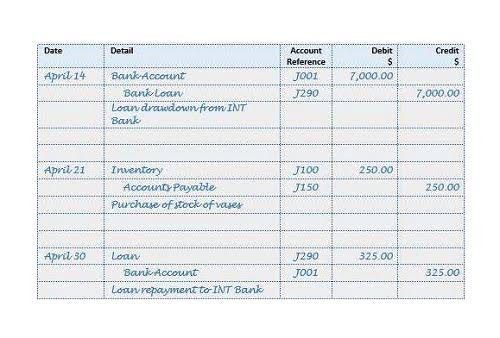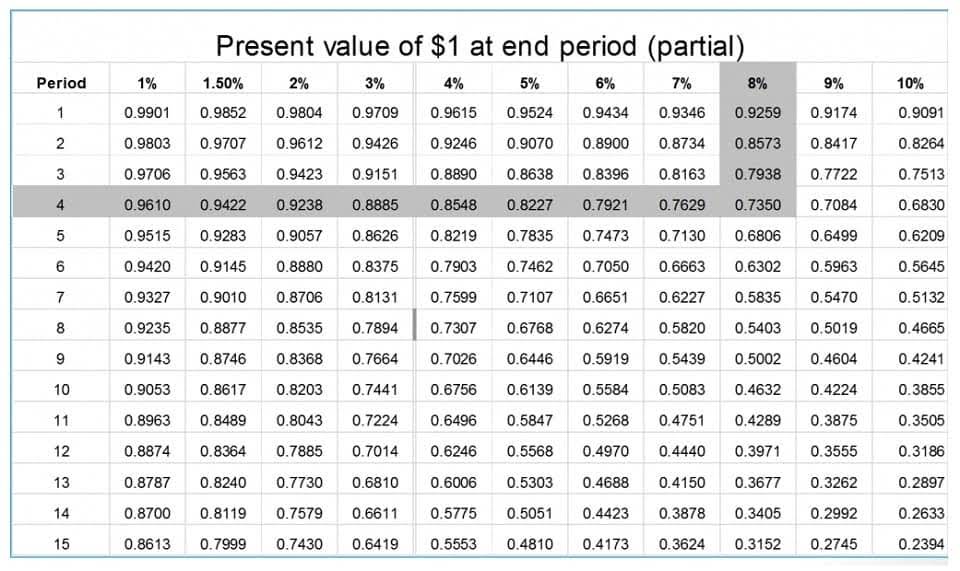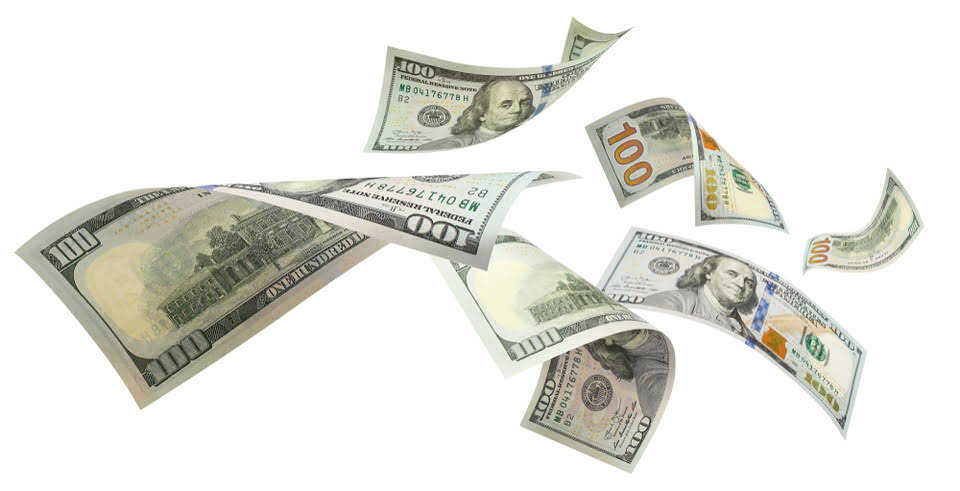
But, if you want to know exactly how much you spend on coffee shops, haircuts, and shoes, then you might want to go with a more detailed budget category list. With consistent effort and the right approach, you’ll be well on your way to achieving your financial goals and building long-term financial security. It’s important to note that what constitutes a non-discretionary expense can vary depending on individual circumstances. For instance, a cell phone plan might be non-discretionary for a business owner but discretionary for a retiree. It’s important to note that the classification of expenses as discretionary or non-discretionary can sometimes depend on individual circumstances and context.
Account Receivable

For instance, installing types of expenses in accounting energy-efficient light bulbs, using a programmable thermostat, and turning off equipment when not in use can help lower energy consumption over time. Even though the monthly charge may seem minimal, small adjustments can lead to cumulative savings on utility bills over a year. Expenses like raw materials, utilities, and shipping fees will vary depending on how much business you’re doing in a given month. Analyzing patterns in your sales and spending allows you to create an estimate for these variable costs. Fixed expenses are costs that stay the same every month, no matter how much your business earns or how active it is.
- Capital expenditures, commonly known as CapEx, are funds used by a company to acquire, upgrade, and maintain physical assets such as property, buildings, an industrial plant, technology, or equipment.
- Examples include purchasing property, machinery, equipment, vehicles, or making improvements that extend an asset’s useful life or capacity.
- Even if a company pauses production for a month, the company needs to pay for these things.
- They consist of letting go of workers, selling property, or getting rid of a sizable asset.
- Both businesses could also share common expenses such as insurance, staff wages, and marketing and advertising costs.
Financial Reconciliation Solutions
Review historical data, such as sales records and past expense reports, to get a more accurate estimate of these costs. Creating a spending plan for your money allows you to be intentional with your finances and helps you be in control of how your money is working for you. Although you don’t have to include these items in your budget category list (as explained previously), these 6 areas will cover the majority of your expenses. If you want to get a good handle on where your money is going, I would recommend tracking these expenses regardless of the budget that you make.
- Variable expenses, on the other hand, change based on production, so when a company produces more, the costs go up.
- Lastly, you can even make your bookkeepers or accountants, or CPAs a part of your Deskera Books account by giving them access through an invitation link.
- This is precisely what you are worried about, bringing you here to this article, hoping to get a complete understanding of expenses in accounting.
- Expenses in accounting are thus a very important part of your business’s functioning.
- The more expenses you can lump together in one category, the less complicated your budget will be.
- Staying on top of your expenses and business budget also helps you identify problems like overspending and cash flow issues early on – so you can nip them in the bud before they become bigger concerns.
How Can Deskera Help You With Accounting of Your Expenses?

Nonoperating expenses are kept separate from operating expenses from an accounting perspective, so it’s clear how much a company earns from its core activities. Expenses are generally recorded on an accrual basis, ensuring that they match up with the revenues reported in accounting periods. Common expenses include payments to suppliers, employee wages, factory leases, and equipment depreciation. Companies that do this do so because they believe that expanding their year-end operating budget might secure the excess funding they need for the next year. These types of expenses are better listed in a separate section than under the general umbrella of operating expenses, although many companies still operate this way.
- For example, if you have purchased an asset at an amount that is less than the capitalization limit of your business, then it is to be recorded as an expense in one go.
- These costs may be fixed or variable and often depend on the nature of the business.
- Even though the monthly charge may seem minimal, small adjustments can lead to cumulative savings on utility bills over a year.
- Since a fixed cost remains the same, they provide stability in your financial planning.
- Expenditures can be capital in nature, such as purchasing equipment, or revenue in nature, like paying for utilities.
Everything to Run Your Business
However, personal finances are personal, so the categories you choose will depend on your own unique circumstances, personality, and preferences. By prioritizing your category spending in this order, you’ll be sure that your most pressing obligations are paid first. Once you’ve paid bills, invested, and saved, then you can spend the rest of your money guilt-free. The more expenses you can lump together in one category, the less complicated your budget will be.
Every dollar matters, and knowing the difference between fixed and variable costs can significantly impact your ability to budget effectively. To sum up, understanding the two types of expenses in business is critical for any organization’s financial health. Operating expenses are incurred regularly and necessary to keep a company running. On the other hand, capital expenses are one-time investments that can contra asset account lead to long-term benefits. Therefore, it does not form part of the income statement; rather, they are capitalized, shown on the asset side of the balance sheet and written off slowly over time.

These expenses are predictable, which makes them easier to budget for because you know exactly what to expect. Fixed expenses include rent, lease payments for equipment, employee salaries (for full-time staff), insurance premiums, and loan repayments. On the other hand, non-discretionary expenses, commonly known as needs, are essential costs that are difficult or impossible to avoid.
Tips on How To Save on Variable Expenses
Costs for significant one-time transactions or events that are not part of the company’s regular business operations are considered extraordinary expenses. They consist of letting go of workers, selling property, or getting rid of a sizable asset. It is necessary to consistently record expenses in the income or profit and loss statements to reflect the company’s accurate and current financial position. The expense report facilitates the computation of net profit at the end of the year. In addition, it creates the financial information used for management decisions and investors and other stakeholders for investment decisions.

Prepaid expenses represent advance payments for goods or services that would be received or consumed in future periods. The items are first recorded as assets on the balance sheet from an accounting point of view since they involve acquiring future economic benefits. Once these prepaid goods or services are consumed or used up, the prepaid amount gets gradually expensed on the income statement. Operating expenses are costs directly related to the daily activities of the company. They are the costs https://www.bookstime.com/ incurred to keep up regular business operations so as to offer products or services to customers.
